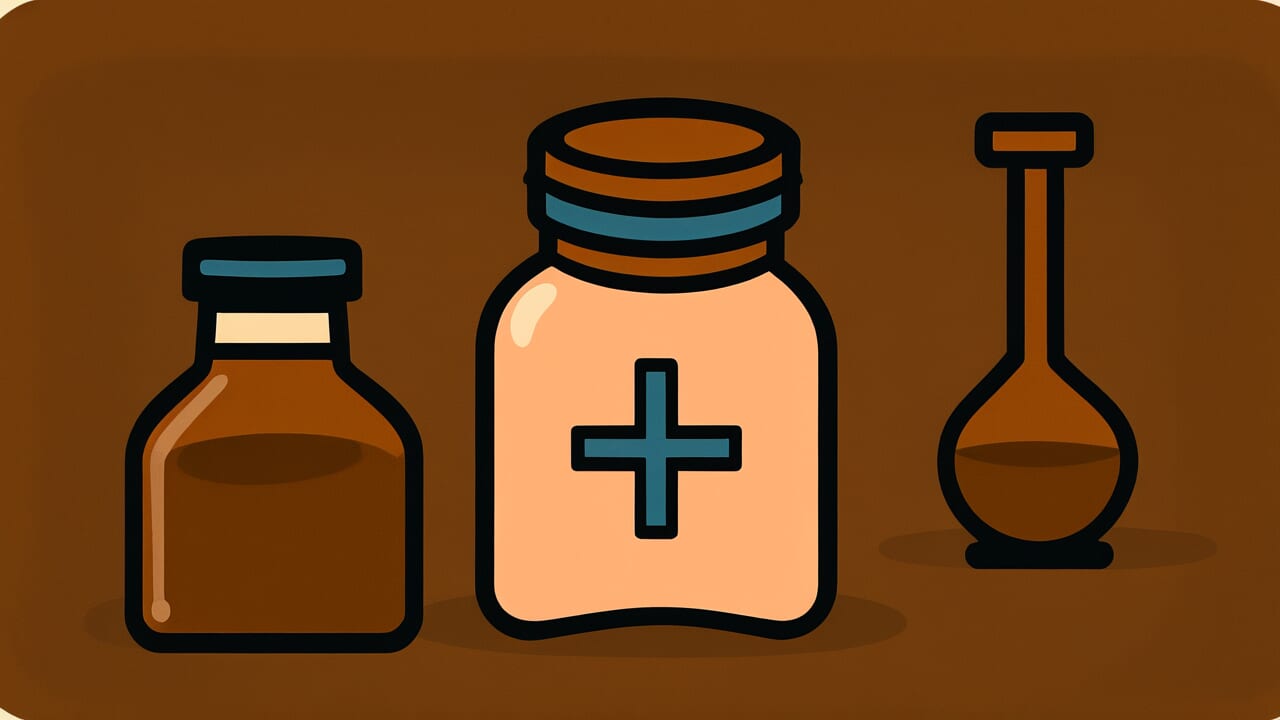How to Read “Strong tea is poison’s medicine”
Koi chamedoku no dokuke no kusuri
Meaning of “Strong tea is poison’s medicine”
This proverb means that strongly brewed tea has powerful effects that wake you up and energize your body and mind.
The tea’s benefits are so strong that they can turn even harmful things in your body toward wellness.
People use this saying when offering strong tea to someone who is exhausted. They also use it when someone drinks strong tea and feels better.
Using this proverb instead of just saying “let’s have some tea” expresses trust and hope in tea’s healing power.
Today we know scientifically that green tea contains catechins and caffeine that benefit health. But people in earlier times understood this power through experience.
They felt how strong tea chased away sleepiness, cleared their minds, and lightened their bodies. These real experiences are captured in this proverb.
Origin and Etymology
No clear written records explain the origin of this proverb. However, it likely connects deeply to the development of tea culture in Japan.
In the Kamakura period, the Zen monk Eisai brought tea from China. He wrote “Kissa Yojoki” (Drinking Tea for Health).
Since then, tea has been emphasized not just as a beverage but as medicine. Strongly brewed tea was especially valued for waking people up and energizing them.
Records show that monks practicing meditation treasured strong tea for these effects.
The expression “turning even poison into medicine” likely came from observing how tea’s components work. Caffeine and catechins help restore balance in the body.
People back then repeatedly experienced how strong tea relieved headaches and improved digestion.
The Zen concept of “ichimi shojo” also influenced this proverb. This idea holds that one cup of tea purifies body and mind and drives away evil spirits.
As tea ceremony spread among the samurai class, the strong effects of thick tea became legendary. The exaggerated expression that it could turn even poison into medicine took root during this time.
Usage Examples
- After staying up all night, my brain won’t work. Strong tea is poison’s medicine, so I’ll drink a cup of well-brewed green tea.
- I felt sluggish with a cold coming on. But after drinking strong tea following “Strong tea is poison’s medicine,” I felt a bit better.
Universal Wisdom
This proverb has been passed down because humans have long recognized special power in bitter and strong things.
The astringency and bitterness of strong tea are not pleasant. Yet people intuitively understood that these qualities are exactly why it works.
This isn’t mere superstition. It comes from deep observation of human nature.
What truly changes us in life isn’t always sweet and gentle. Sometimes bitter experiences and harsh trials become the medicine that awakens and grows us.
Just as strong tea’s intense flavor blows away sleepiness, life’s difficulties have the power to awaken us.
This proverb also contains the idea of reversal: turning poison into medicine. This represents the essence of human hope.
No matter how bad a situation becomes, something exists that can turn it toward good. That “something” is expressed here as the concrete thing called strong tea.
Our ancestors knew this truth. Humans sometimes need strong stimulation or shock.
That stimulation breaks through stagnation and becomes the source of new vitality.
When AI Hears This
When hearing this phrase as sound, the brain automatically starts searching for patterns.
The sound sequence “koi chamedoku no dokuke no kusuri” has a rhythm that Japanese speakers find pleasant. The combination of seven and five syllables appeals to Japanese phonetic sensibility developed through haiku and tanka.
This actually triggers what cognitive science calls the “fluency effect.”
When the human brain hears rhythmic, easy-to-pronounce words, it tends to judge them as true. Psychologist Adam Alter’s research shows that rhyming sentences are trusted about 20 percent more than non-rhyming ones.
In other words, when word fragments that seem meaningful like “strong tea,” “eye poison,” and “spirit medicine” are arranged phonetically, the brain mistakenly assumes they have meaning.
More interesting is that despite this proverb likely not being real, many people feel they’ve “heard it somewhere before.”
This is a malfunction of familiarity. The pleasantness of sound increases confidence in memory.
In linguistics, this phenomenon where phonetic structure fills semantic gaps is called “semantic completion through sound symbolism.” Formal beauty conceals the absence of content—a clever trap of language.
Lessons for Today
This proverb teaches modern people that truly effective things aren’t always comfortable.
We tend to choose easy and comfortable methods. But what has the power to change our lives is often something a bit harsh and a bit bitter.
When you fight sleepiness in the morning heading to work. When you can’t concentrate on studying and your hand reaches for your smartphone.
In such moments, you might need not sweet temptation but strong stimulation to wake you up.
That might be a cup of strong tea. It might be washing your face with cold water. Or it might be the determination to face a difficult challenge head-on.
What matters is not avoiding difficulty or discomfort. Instead, develop the perspective to see their “medicinal” aspects.
The harsh situation you face now might be strong tea that helps you grow. When you accept that bitterness, something inside you awakens and new strength emerges.



Comments